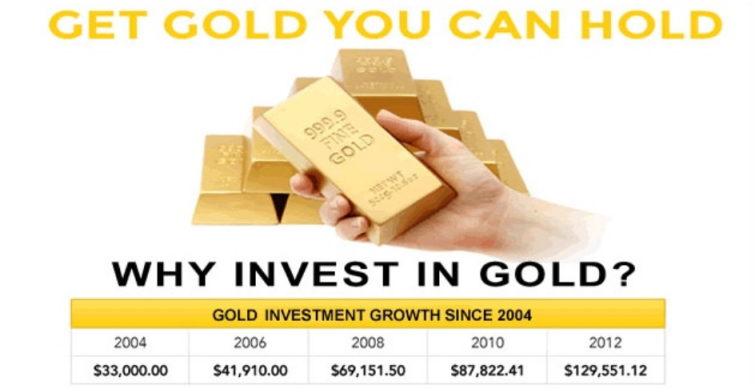How to Buy Physical Gold Buying physical gold can be challenging for financiers more familiar with trading stocks and bonds online. When it concerns physical gold, you'll typically be connecting with dealers outside of standard brokerages, and you'll likely need to spend for storage and get insurance coverage for your investment.
Gold Bullion When a lot of people think of buying gold, bullion is what they believe ofbig, glossy gold bars locked away in a vault. Gold bullion comes in bars varying from a few grams to 400 ounces, however it's most typically readily available as one- and 10-ounce bars. Considered that the existing gold cost is around $1,900 per ounce (as of September 2020), this makes investing in gold bullion a pricey proposition.
Collectible coins, such as South African Krugerrands, Canadian Maple Leafs and American Gold Eagles, are the most extensively offered type of gold coins. Gold coin rates may not totally line up with their gold content.
Initially, you have to beware about fashion jewelry purchases as not all pre-owned fashion jewelry is sold by reliable dealerships. Not only does authenticity matter to youbut it will likewise matter to anybody you try to resell the piece to. This makes it essential you buy financial investment fashion jewelry from a reputable dealer and obtain as much documents as possible.
Given that this implies buying the stocks of gold mining business, you can invest using your brokerage account. A few of the most popular stocks in this sector include: Newmont is the world's largest gold mining company, headquartered in Colorado. It operates mines in North and South America in addition to Africa.
Purchase Gold ETFs and Gold Shared Funds Investing in gold ETFs and mutual funds can offer you with exposure to gold's long-lasting stability while providing more liquidity than physical gold and more diversification than private gold stocks. There are a series of various types of gold funds. Some are passively managed index funds that track market patterns or the price of bullion using futures or options.
Futures and alternatives are derivatives, indicating their worth is based completely on the cost of an underlying property. A futures contract is an agreement to buy or sell a security for a set cost on a certain date, regardless of the present market conditions. An options contract, on the other hand, is an arrangement that offers you the option to purchase or offer a security if it reaches a certain rate on or before a specific date.
Lots of online brokerages permit for trading in these securities, but they might require account holders to sign extra forms acknowledging the threat of buying these derivatives. When you've developed a brokerage account to trade alternatives or futures, you can buy and offer them straight via the platform. A lot of platforms charge a commission for all options and futures trades that differs based on the number of agreements you purchase or offer.

In addition, each of these choices includes a certain degree of utilize, or financial obligation, by default, so financiers who overuse them and experience market losses can see their losses mount rapidly. Should You Buy Gold? If you're concerned about inflation and other calamities, gold may provide you an investing safe haven.
Gold is no different. However the idiosyncratic gold market isn't forgiving and takes a long period of time to learn. This makes gold ETFs and shared funds the most safe option for the majority of investors aiming to include a few of gold's stability and shimmer to their portfolios.